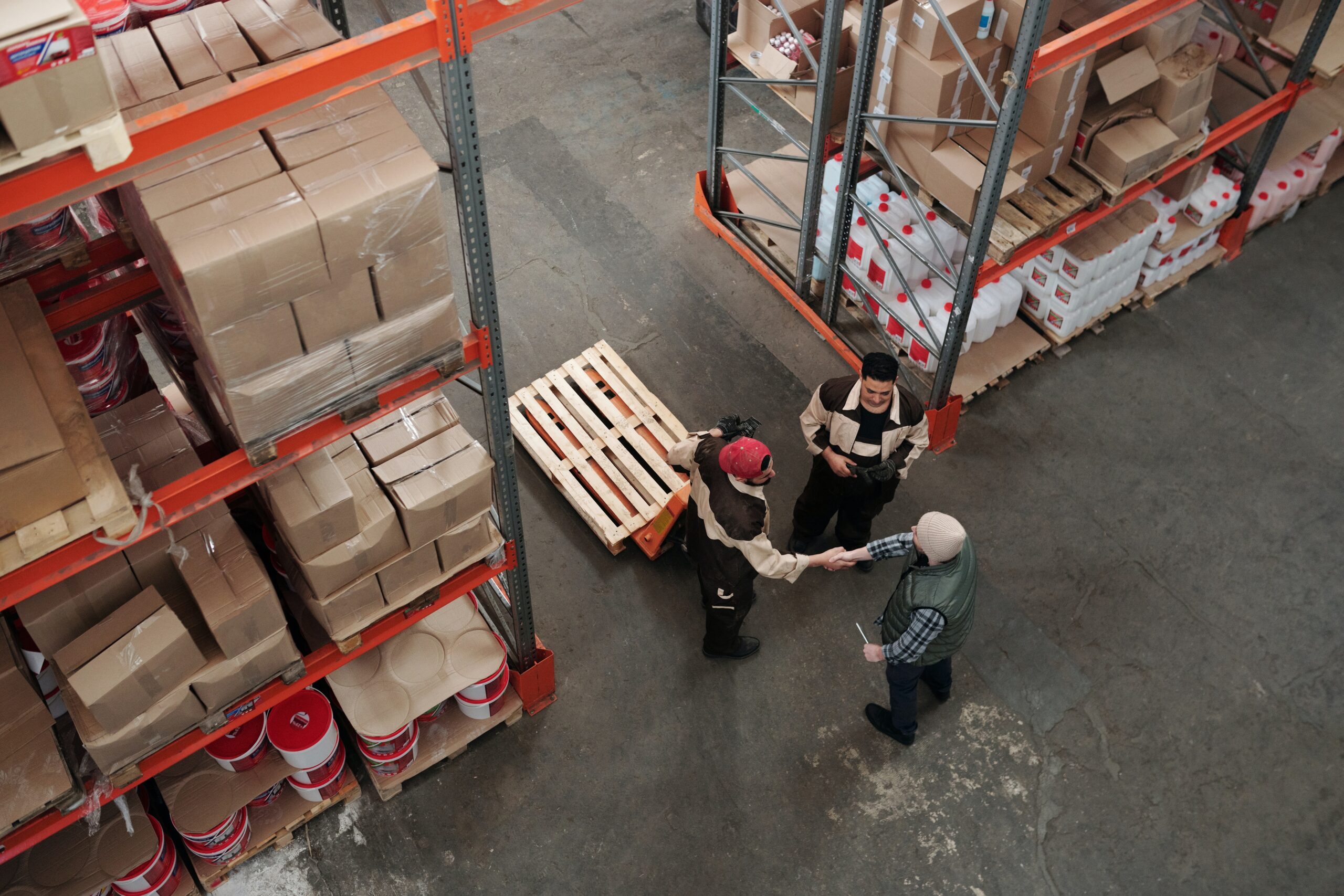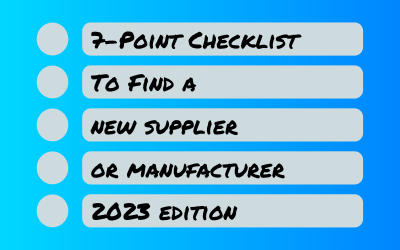In the past, when the world was more disconnected than it is today, manufacturers lacked the concrete infrastructure required to connect with their clients, and preferred to deal with third-parties such as wholesalers, who acted as a proxy between them and their customers. This allowed them to prioritize manufacturing and production, rather than diversifying into areas with comparatively low-return, such as sales, marketing and outreach.
Gone are the days where wholesalers were pivotal in linking manufacturers to their customer base.
The age of the Internet allowed manufacturers to expand their reach through e-commerce, largely owing to the industry-wide shift towards a business model with the customer at the center. Now, retailers are faced with the tough decision on whether they should continue sticking to third parties as their primary source of merchandise, or skip the middleman, and instead explore this new avenue by bulk buying directly from the manufacturers.
Here are some pointers that should help you simplify your decision-making process.
Advantages of Buying Directly
- Lower Costs and Higher Profits
As you know, it’s often cheaper per item to buy multiple of the same item at once. A ten pack of a product at your local supermarket is likely to be significantly cheaper than buying ten single versions of those items.
While lower prices are used to entice customers to buy more at the retail level, those retailers are similarly rewarded for larger orders with a reduced unit price per item. With retailers repeatedly seeking out manufactures who offer these enticing discounts, and manufacturers being guaranteed a bigger production cycle, this Win-Win situation is one of the biggest plus points of buying directly from the manufacturer.
Additionally, by cutting out the middleman, a retailer’s profit margin is almost guaranteed to increase. Take this for example: A middleman purchases a large quantity of shirts from the manufacturer at $2, and sells them to a retailer for $4 each, who then goes on to sell direct to consumer for $10. If the retailer were to cut out the middleman, their profit per item would increase from $6 to $8 – a 33% improvement.
- Strengthen Relationships
Through direct dealing with the manufacturer, retailers are able to foster closer relationships with them, which can in turn translate into beneficial treatment down the road. A retailer could ask for certain tweaks to be made to the design of the product, or for their branding to be incorporated, with their relationship with the manufacturer facilitating mutually beneficial arrangements. Prototypes could also be requested prior to bulk purchases, enabling tests and quality checks by the retailer, minimizing their risks.
Retailers might even form a closer relationship to their customers by offering something their competitors who purchase from third parties cannot – diversity. Third parties are likely to only keep stock of generic items, and retailers who buy directly can attract and retain customers by tapping into their manufacturers’ diverse inventories.
- Quality with Speed
A higher level of authenticity is guaranteed to retailers buying directly, along with smaller and more reliable lead times. Since they are the experts of their product, manufacturers are able to quickly provide the best advice to the retailer prior to a purchase, and can similarly respond to feedback effectively by making changes as directed.
Disadvantages of Buying Directly
- Increased Costs
While directly buying would increase profits by lowering the cost price of a product, additional costs have to be factored in that might tip the scales either way – shipping costs, customs fees, storage costs, etc.
Moreover, manufacturers may require you to meet a Minimum Order Quantity (MOQ) that surpasses a retailer’s demand, or retailers themselves might buy beyond their needs to receive the best discounts, leading to excess unsold inventory.
Ultimately this just means that you need to be aware of what you’re doing before you begin – if you don’t have the means or the warehouse space to buy 10,000 of a product, this is unlikely to be the route for you.
- Added Risks
Putting all your eggs into one basket is almost always not a good idea.
Imagine this: Retailer A obtains his products from Manufacturer Z. Retailer B instead purchases through Wholesaler C, who carries inventory from Manufacturers W, X, Y and Z.
If Manufacturer Z’s machinery were to undergo maintenance, Retailer A’s business would be the only one being put on hold.
Without access to Wholesaler C’s database, Retailer A would also be missing out on an up-to-date price comparison across manufacturers, and would have to constantly keep track of prices through manual checks prior to purchases, or face the risk of unnecessarily losing profit.
Deciding Whether to Buy from the Manufacturer
Ultimately, deciding whether or not to bulk buy directly needs to be an ongoing consideration by retailers. As showcased, there are indeed situations where purchasing directly from manufacturers is the much more fiscally viable option. But it is equally likely for a combination of both options to be preferred – by buying their brand’s customized and top selling products directly while purchasing other products through wholesalers.
Be sure to thoroughly assess your business’ needs at each stage, for the answer to the question of whether buying directly is the best option is likely to change along with the times.
At Zipfox, our list of manufacturers are handpicked with verified manufacturers. Getting a quote from a manufacturer could never be easier. Simply click below to learn more.











